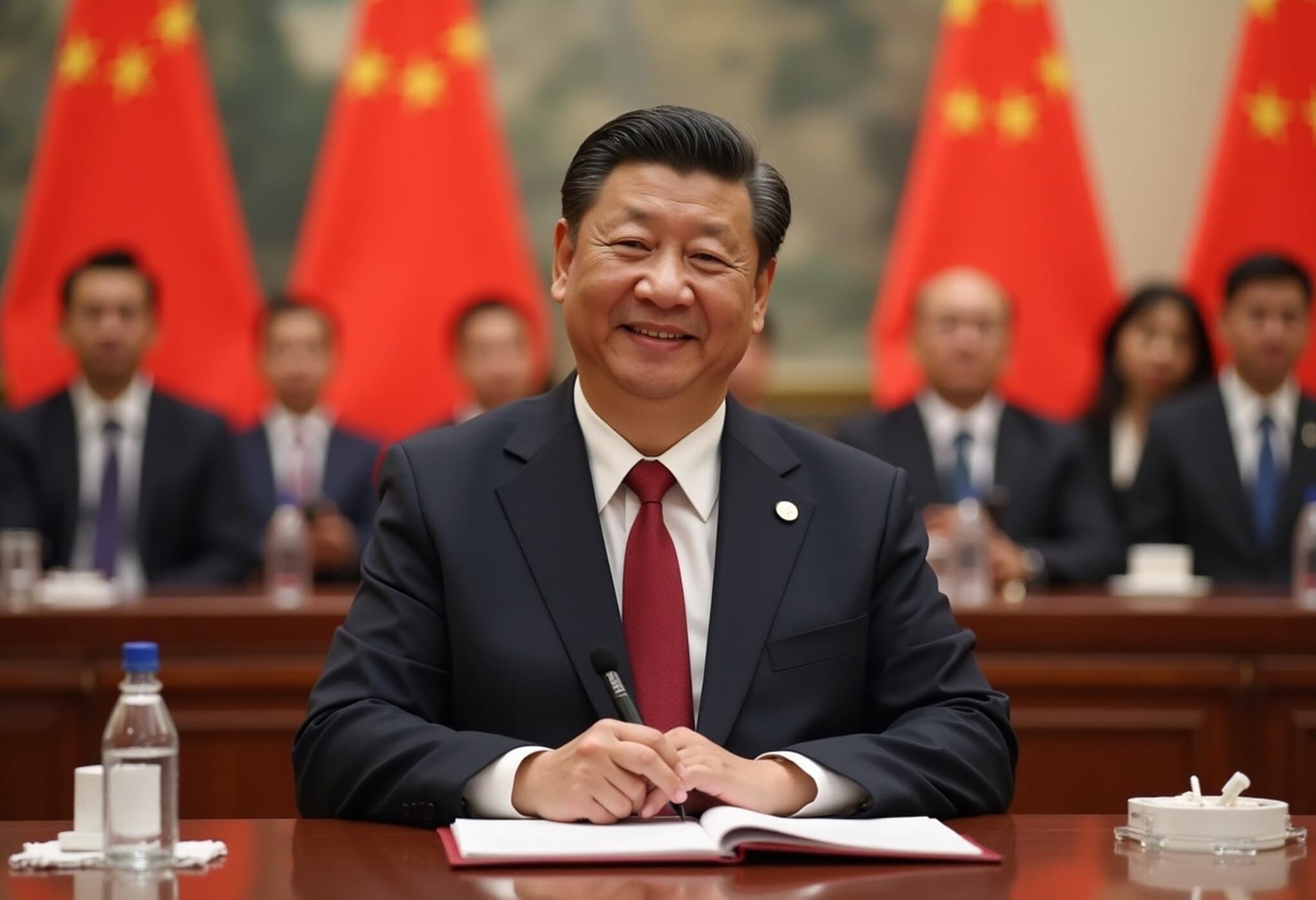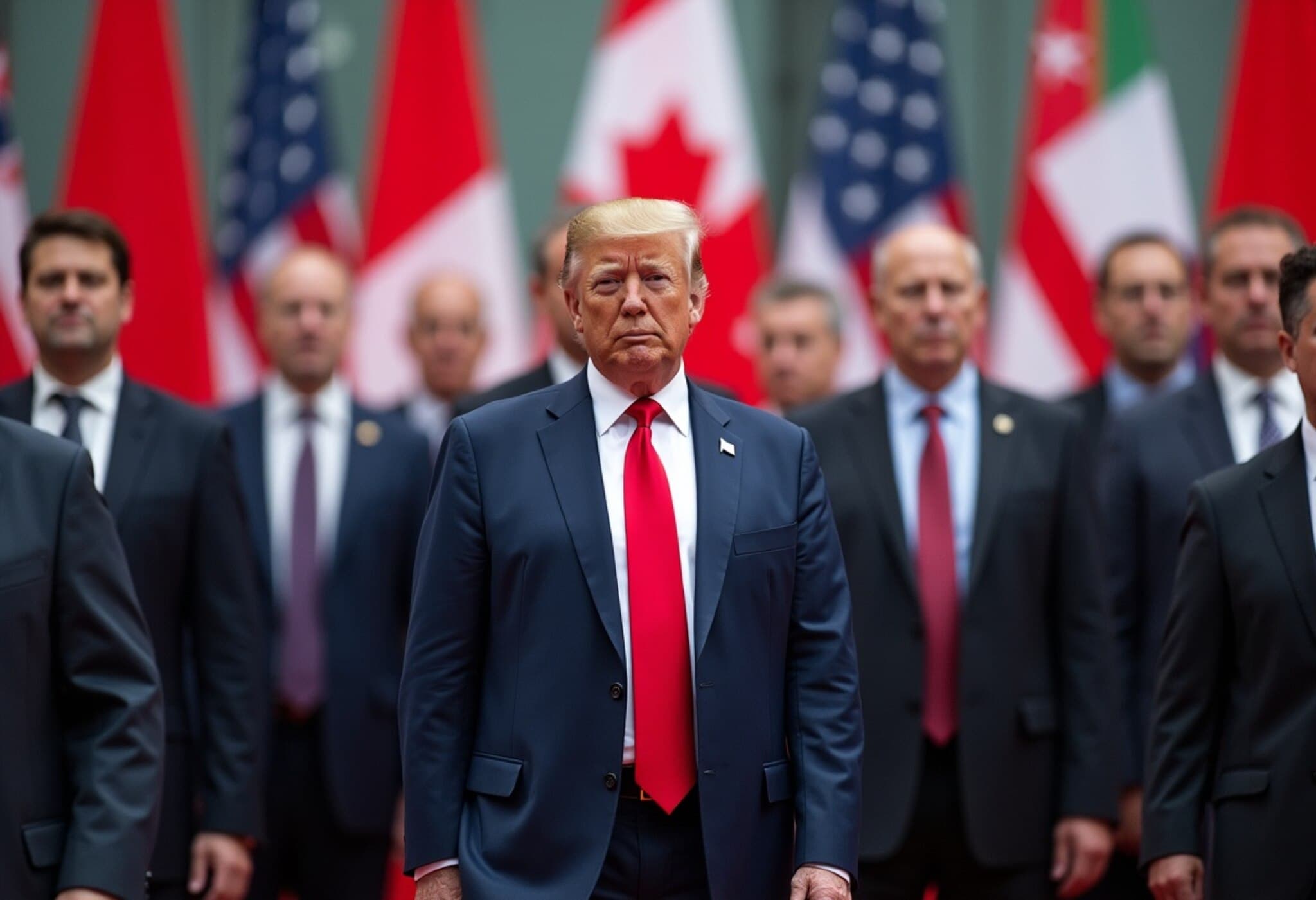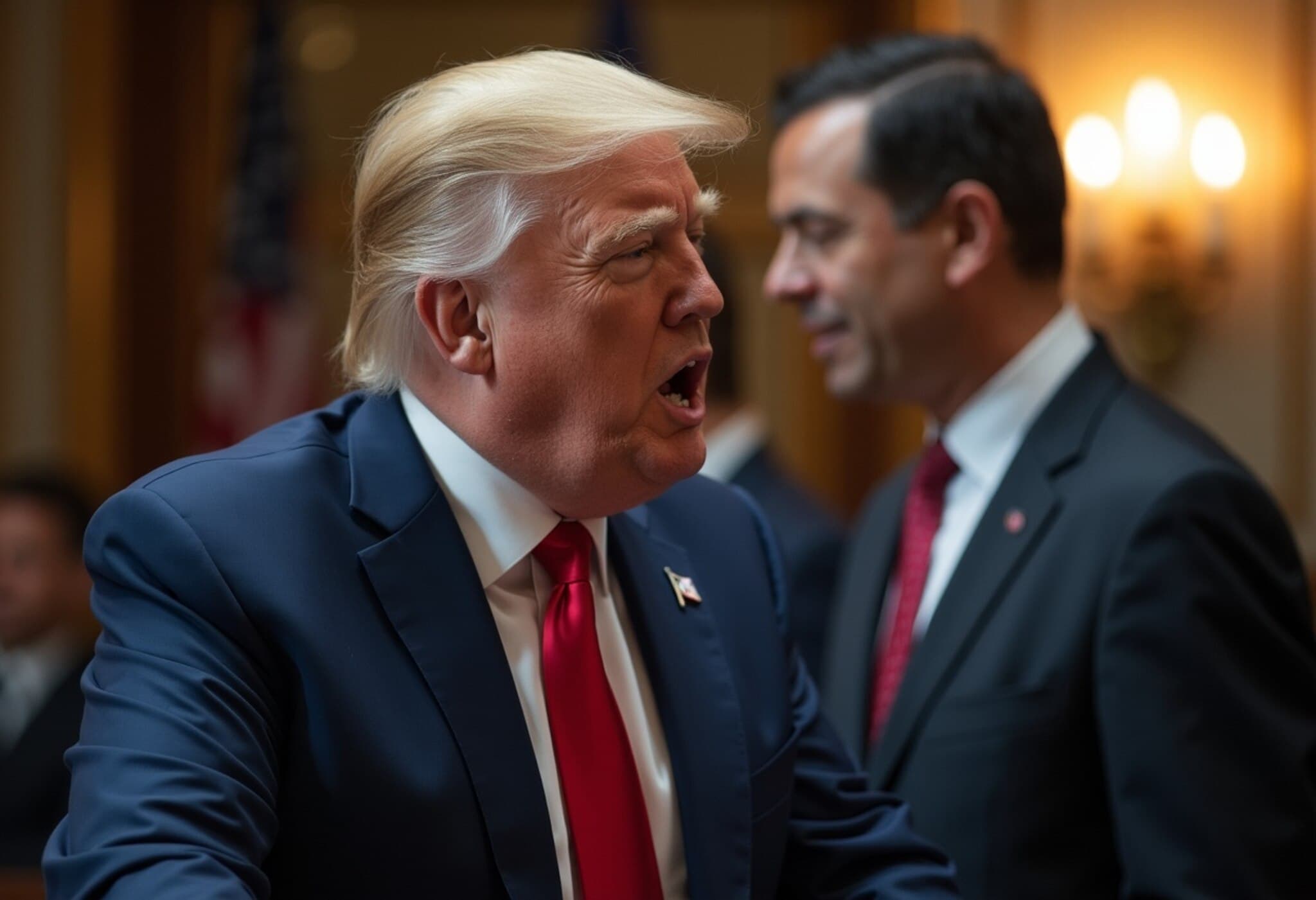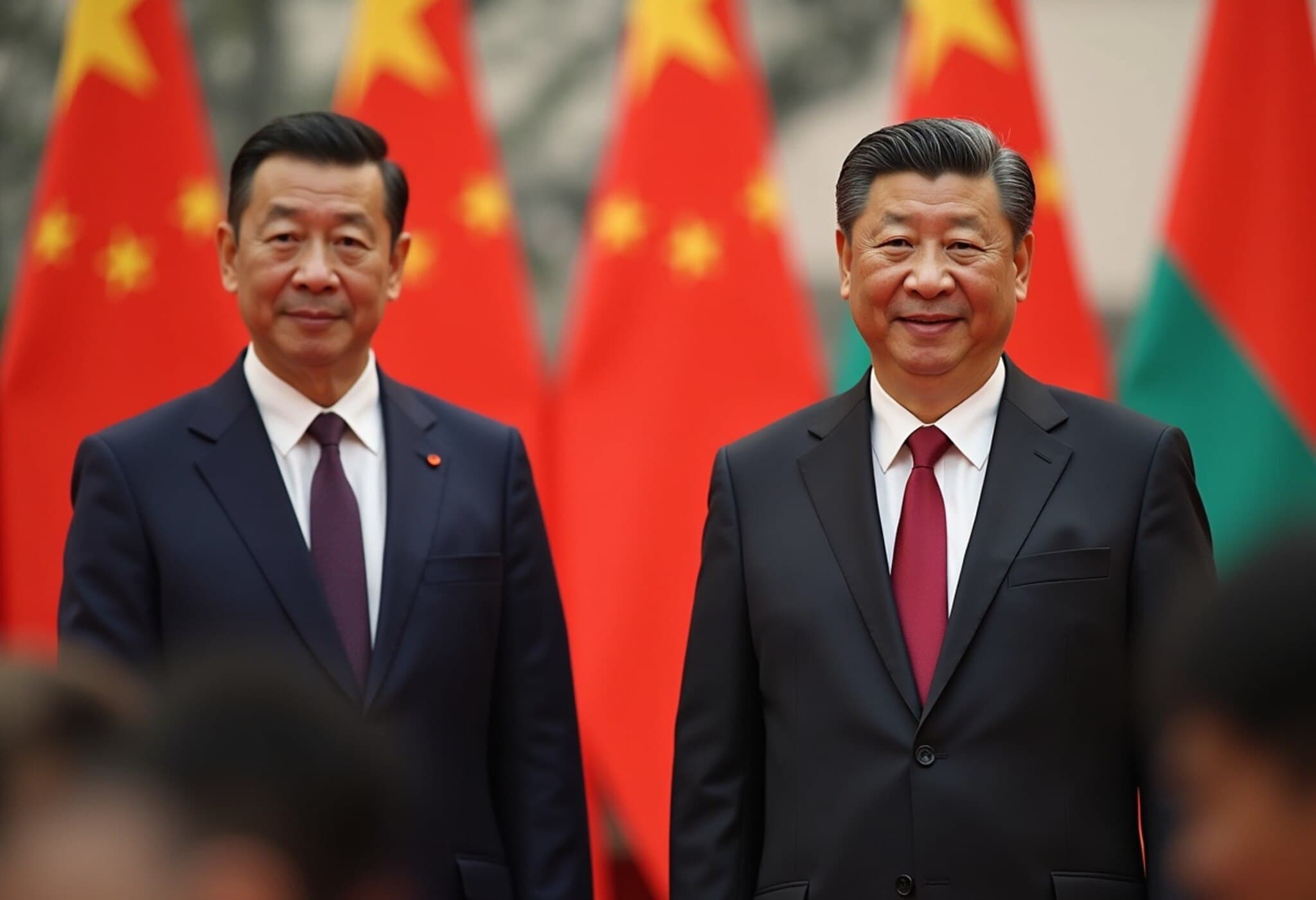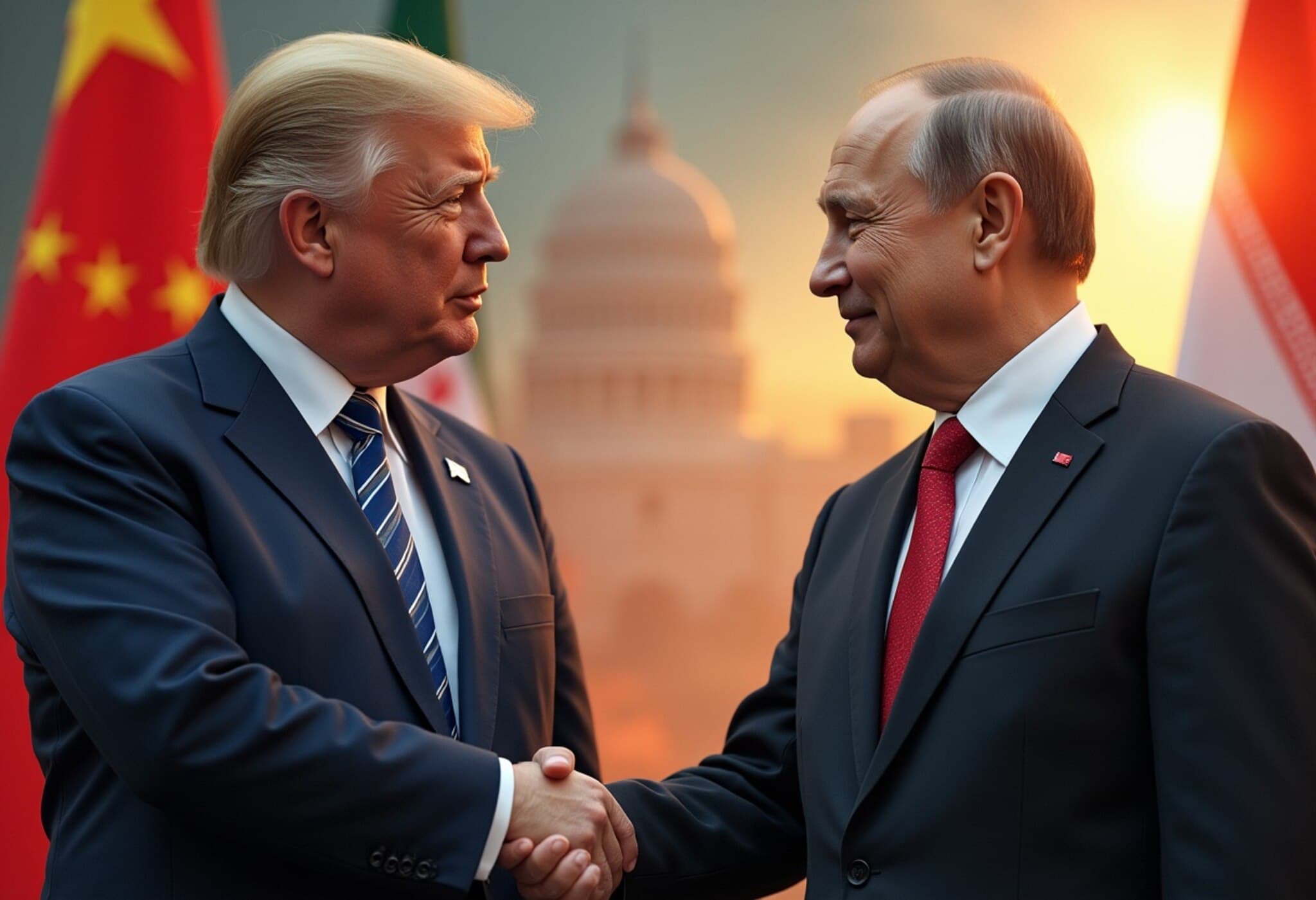Xi Jinping Strengthens China-Central Asia Relations with Historic Treaty
In a significant move aimed at bolstering regional cooperation, China’s President Xi Jinping signed a treaty on Tuesday with leaders from Kazakhstan, Kyrgyzstan, Tajikistan, Turkmenistan, and Uzbekistan. The pact, termed one of "permanent good-neighbourliness and friendly cooperation," was sealed during a summit in Kazakhstan’s capital, Astana.
Strategic Pivot Towards Central Asia Amid Global Shifts
Against the backdrop of evolving global dynamics and what Xi described as "a new period of turbulence and transformation," China is intensifying its outreach to Central Asia. The region, rich in natural resources and strategically situated, has traditionally fallen within Russia’s sphere of influence. However, Beijing’s ambitions have become clearer since the conflict in Ukraine erupted, pushing China to strengthen economic and political ties with these nations.
Expanding Trade, Energy, and Infrastructure Cooperation
At the summit, Xi highlighted the importance of cooperation in multiple sectors, including trade, energy, minerals, and infrastructure development. China’s trade volume with the five Central Asian countries surged to a record 286.42 billion yuan ($41.8 billion) during the first five months of 2025, marking a 10.4% increase year-on-year.
Turkmenistan stands out as a key energy partner, maintaining a trade surplus with China due to its natural gas exports. Meanwhile, Kazakhstan and Kyrgyzstan experience trade deficits running into tens of billions, signifying growing Chinese investment and imports.
Major Infrastructure Projects: The China-Kyrgyzstan-Uzbekistan Railway
One of the summit's highlights was the push for progress on the China-Kyrgyzstan-Uzbekistan railway. This critical overland route would bypass Russia, offering an alternative corridor for Chinese goods heading to Europe. Originally proposed in the 1990s, the project has gained new urgency as sanctions on Russia and geopolitical tensions compel China to seek diversified logistics channels.
In his bilateral meetings with Uzbek and Kyrgyz leaders, Xi noted that this rail link could shorten transport times and solidify China’s trade connections across Eurasia.
Financial Support and Opposition to Global Protectionism
Demonstrating commitment to regional development, Xi pledged 1.5 billion yuan ($208.86 million) in grants to support livelihood and development projects across Central Asia during the year.
Critically, Xi condemned unilateralism, trade wars, and protectionist policies, implicitly critiquing the United States’ tariff disputes with China. He asserted that China is ready to cooperate with Central Asian countries to uphold international justice while resisting hegemonism and power politics.
Energy and Law Enforcement Collaboration
Further stressing multifaceted cooperation, Xi underscored expanding partnerships in natural gas, minerals, international railway infrastructure, and law enforcement.
In discussions with Turkmenistan’s President Serdar Berdymukhamedov, both sides expressed intent to scale up natural gas cooperation while exploring areas beyond resource trade to optimize economic relations.
Looking Ahead: A New Chapter in China-Central Asia Relations
This treaty and the accompanying initiatives demonstrate China’s strategic commitment to deepening ties with Central Asia. As global uncertainties mount, the five former Soviet republics are becoming crucial partners for China, offering alternative routes for securing energy and food supplies and ensuring resilience against potential geopolitical disruptions.
With increased collaboration and infrastructure development on the horizon, China’s engagement with Central Asia marks a pivotal shift toward regional integration and shared prosperity.

